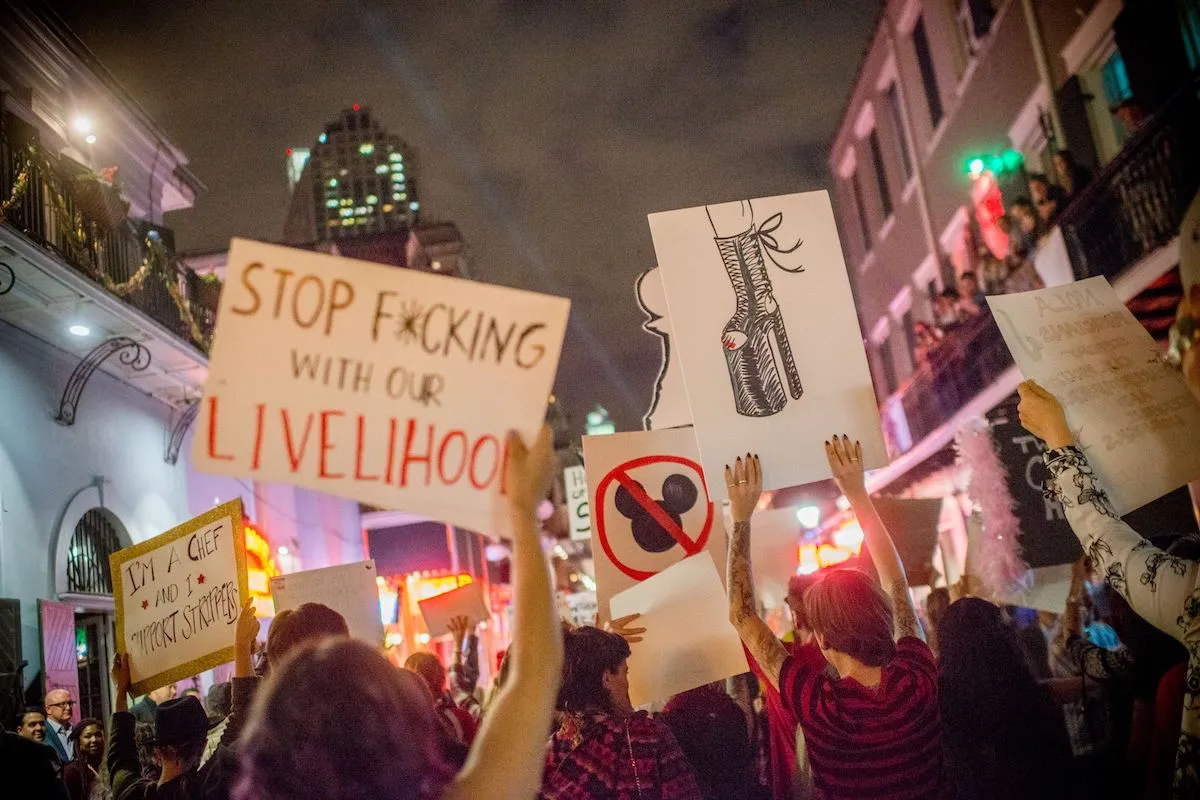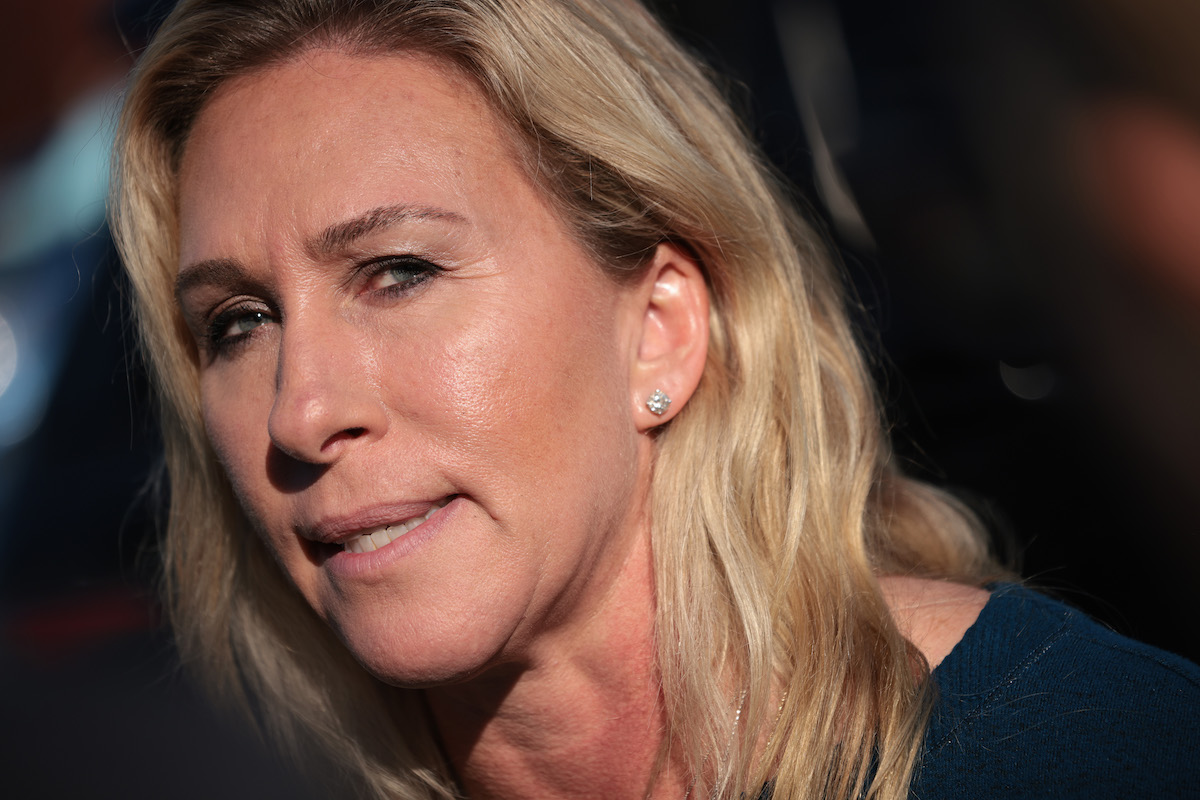The coronavirus has led to millions of Americans losing their jobs and the closing of thousands of businesses. People across the country are desperate for help, and the recent CARES relief package was created to get aid and benefits to them. For many, the CARES act represented hope and assistance, but unfortunately, that doesn’t include sex workers and businesses of a “prurient sexual nature.”
The sex industry is vast. There are those who have sex for money; there are strippers; there are porn performers; there are people who work to make and sell sex toys. The sex industry includes a myriad of professions, both those deemed “illegal” and legal under the law (though all sex work should be safe and legal). Sex workers are workers, just like anyone else, but because of prudish, cruel rules that have been around for a long time, they are specifically excluded from aid during this disaster.
Unde the CARES act, businesses can apply for loans to provide support through this shutdown. The criteria for getting loans is set by the Small Business Administration and they exclude a number of people and businesses. Including any business that presents “live performances of a prurient sexual nature” or who “derive directly or indirectly more than de minimis gross revenue through the sale of products or services, or the presentation of any depictions or displays, of a prurient sexual nature.”
Whorephobia is literally written into this covid19 relief for New Yorkers.
In a global pandemic, policy makers are actively making the world a worse place for sex workers and their families
Source: https://t.co/ek2RwAAazX pic.twitter.com/lAUo9540ez
— Jacq the Stripper (@JacqTheStripper) March 31, 2020
That means strip clubs, adult stores, and more are all excluded from COVID relief. And that’s BS. These are businesses and people that pay taxes, contribute to the community, and need help just as much as anyone else. And the SBA’s clear prejudice against any kind of work that intersects with “prurient sexual nature” is both archaic and harmful. And it also might be unconstitutional.
The SBA’s rules are meant to keep it from supporting “obscene” businesses and date from the Clinton administration, but that takes this into the tricky world of the First Amendment and ways the government can punish and limit free expression and speech.
Free speech law (perhaps wrongly) allows for restrictions of obscene speech, but the SBA regulations are potentially far too broad. Restrictions on speech must be extremely specific and also have a valid state interest behind them. In the past, the idea of curbing “obscenity” was valid to many people, but … we’ve changed as a culture and grown far less sex-phobic. Remnants of American cultural prudery should not be the reason we keep aid out of the hands of people who legitimately need it in a time of massive crisis.
This also doesn’t touch on the difficulties that many sex workers face because of how they are employed, often as independent contractors rather than employees, something that makes is just that much harder to get benefits and aid when they lose their incomes. And that says nothing of the direct sex workers who are simply out of a job and an income right now, who will be completely left behind.
At one of the worst times in our history, we should be taking care of all Americans, no matter their work or industry. That this country is happy to aid huge soulless corporations that openly exploit their low-income workers, but will stick to rules against interests of a “prurient sexual nature” demonstrates the misguided priorities tearing us apart.
(via: BuzzFeed News, image: EMILY KASKAFP/Getty)
Want more stories like this? Become a subscriber and support the site!
—The Mary Sue has a strict comment policy that forbids, but is not limited to, personal insults toward anyone, hate speech, and trolling.—










Published: Apr 30, 2020 01:16 pm